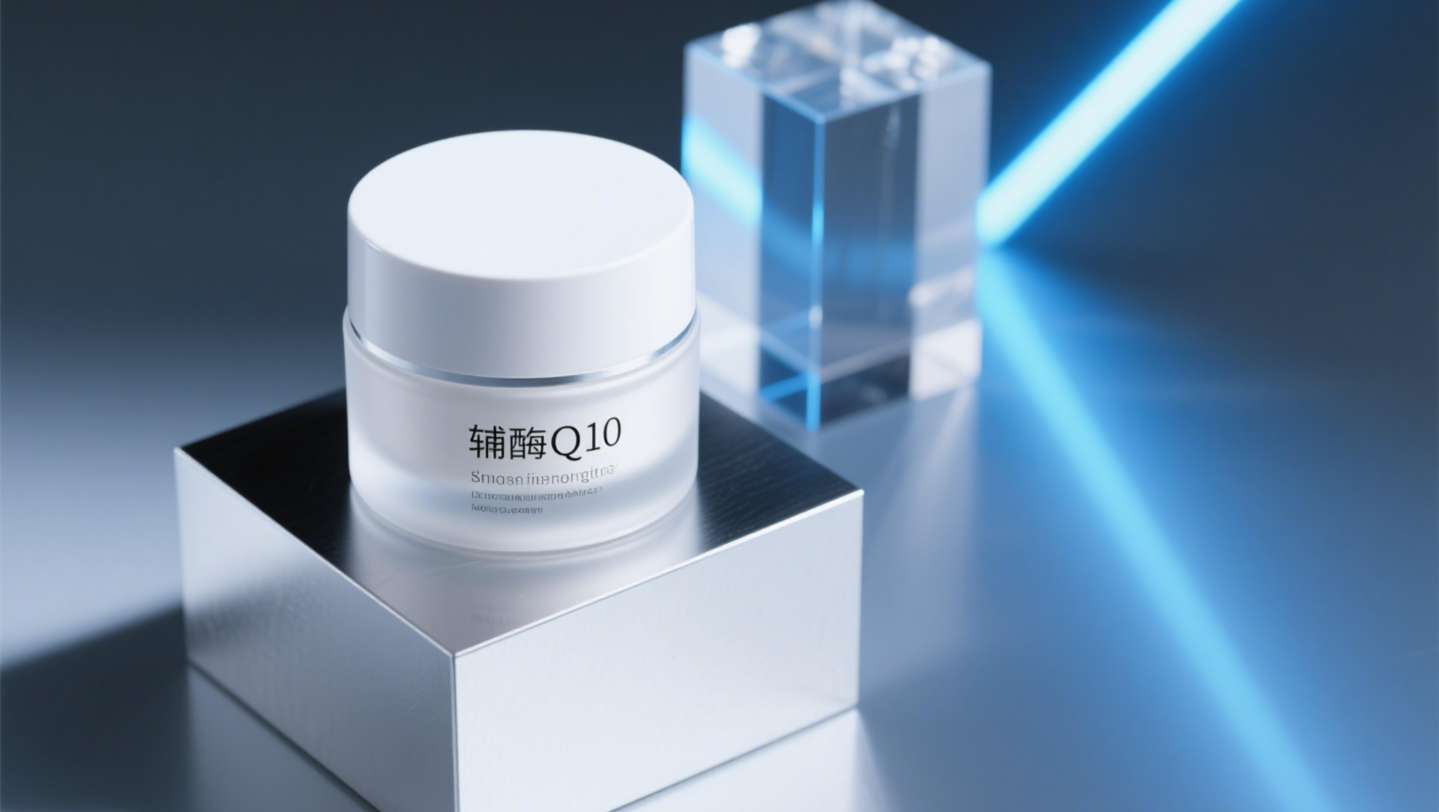2025-04-30
This article explores the key benefits and functions of Coenzyme Q10, a vital nutrient for cellular health. Discover how it supports heart health, boosts energy, acts as an antioxidant, improves skin quality, and enhances immune function, along with guidance on maintaining optimal levels.
Details
Coenzyme Q10 (CoQ10), a fat-soluble compound naturally produced by the body, plays a vital role in cellular energy production and serves as a powerful antioxidant. Found in every cell, especially in organs with high energy demands like the heart, kidneys, and liver, this essential nutrient offers numerous health benefits that have been supported by scientific research.
1. Supports Heart Health
One of the most well-documented benefits of CoQ10 is its role in promoting cardiovascular health. The heart muscle relies heavily on energy to function efficiently, and CoQ10 helps generate adenosine triphosphate (ATP), the body's primary energy source. Studies have shown that CoQ10 may improve heart function in individuals with congestive heart failure, reduce blood pressure, and support overall heart rhythm regulation. It also helps protect heart cells from oxidative stress and inflammation, two key factors in heart disease development.
2. Enhances Energy Production
As a crucial component of the mitochondrial electron transport chain, CoQ10 is essential for converting food into usable energy. This makes it particularly beneficial for individuals with low energy levels, fatigue, or those engaging in regular physical activity. Athletes often use CoQ10 supplements to boost stamina, improve exercise performance, and reduce muscle fatigue by enhancing energy production in muscle cells.
3. Acts as a Potent Antioxidant
CoQ10 neutralizes harmful free radicals, protecting cells from oxidative damage that can lead to chronic diseases and premature aging. It works synergistically with vitamins C and E to strengthen the body's antioxidant defenses, safeguarding DNA, proteins, and cell membranes. This antioxidant activity may also help reduce the risk of certain cancers and support brain health by protecting neurons from oxidative stress-related damage.
4. Improves Skin Health
Topical application of CoQ10 has gained popularity in the skincare industry due to its ability to combat aging signs. By protecting skin cells from UV-induced damage and stimulating collagen production, it can reduce the appearance of wrinkles, improve skin elasticity, and promote a more youthful complexion. Internally, its antioxidant properties also support overall skin health from within.
5. Supports Immune Function
A healthy immune system relies on proper cellular function, and CoQ10 contributes by supporting immune cell energy production and reducing oxidative stress in immune tissues. Some research suggests that adequate CoQ10 levels may enhance immune responses, helping the body fight off infections and diseases more effectively.
While the body can synthesize CoQ10, levels may decline with age, certain medications (such as statins), or health conditions. Incorporating CoQ10-rich foods like fatty fish, nuts, and spinach, or taking supplements under medical guidance, can help maintain optimal levels and enjoy these health benefits. Always consult a healthcare provider before starting any new supplement regimen to determine the right dosage for your needs.

